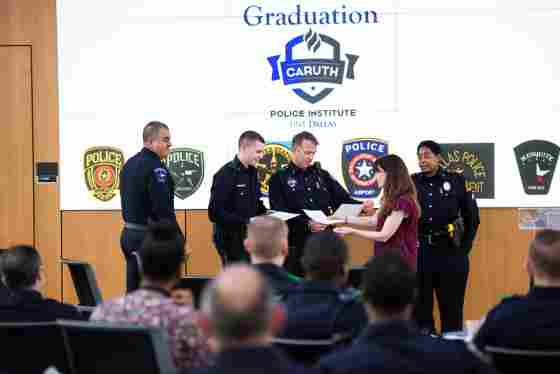Over the past 10+ years, we have trained more than 5,000 military cohorts, veterans and spouses in Strategic Memory Advanced Reasoning Tactics
(SMART™) brain training.
Randomized trials have reported significant gains in neural health, cognition, well-being, connectedness and real-life function. They have shown significant continued recovery from traumatic brain injury (TBI) and post-traumatic stress (PTS) – even years after sustaining the insult – in stress, depression and anxiety, as well as neural correlates.
We have also successfully trained “brain health coaches” embedded within other military organizations to adopt and implement SMART protocols (Baillie, et al., 2023; Venza et al.).
A trial with the Intrepid Center at Camp Pendleton revealed SMART training achieved significantly higher gains and greater compliance ratings – in one third the intervention time – on some executive function measures, with comparable gains across all other domains, compared to the traditional intervention offered across their center and Walter Reed.


